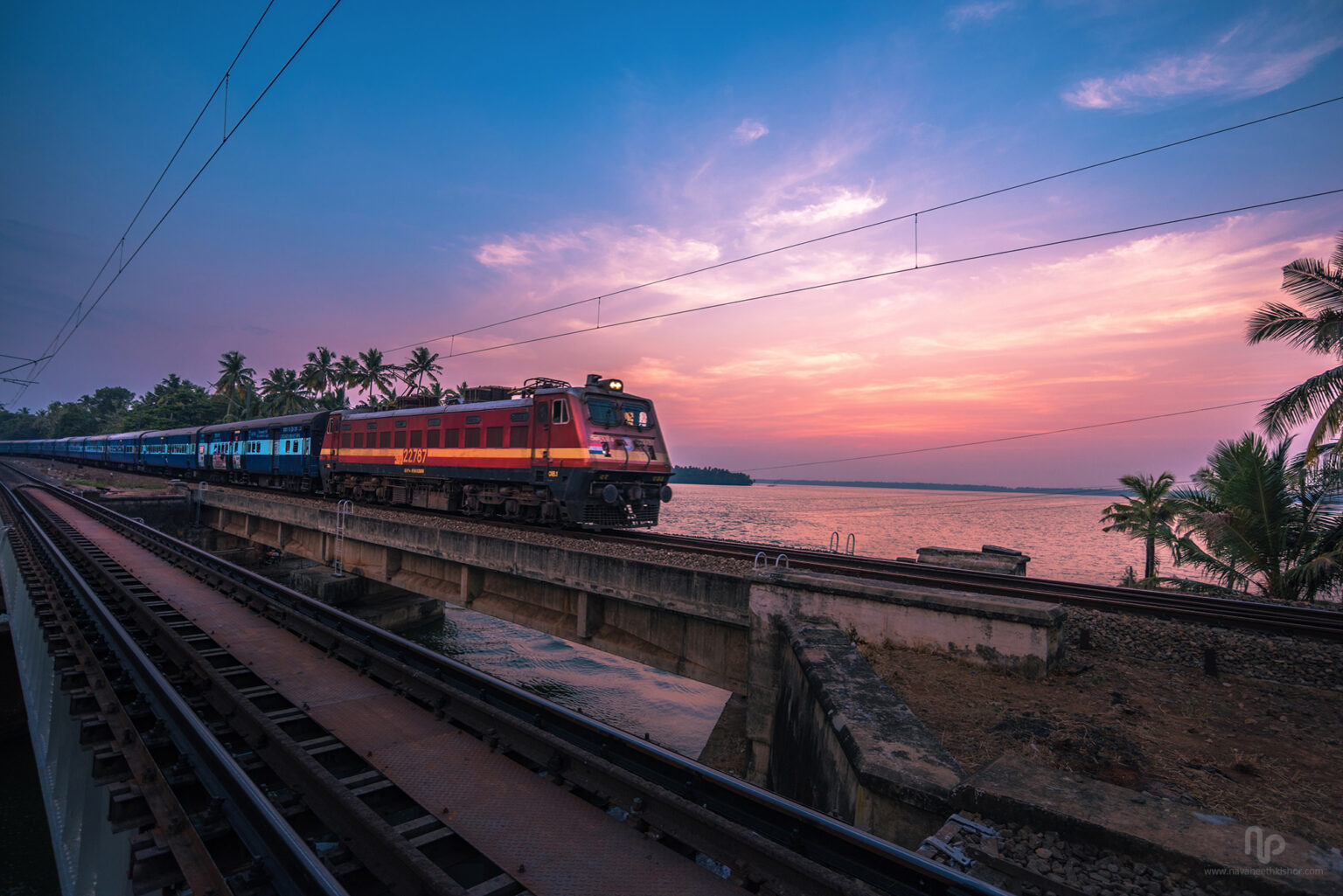In a long-anticipated move, the Ministry of Railways is set to revise passenger train fares from July 1, 2025—a decision that will affect millions of passengers across India. This marks the first fare increase in more than five years, aimed at bolstering revenue and offsetting rising infrastructure and fuel costs.
What’s Changing in Fares?
According to senior officials, the hike will be marginal but system-wide, with the increase calculated per kilometer of travel:
- Non-AC Mail/Express Trains:
+ ₹0.01 per km (1 paise/km)
➤ Example: A 500 km journey will cost ₹5 more. - All AC Classes (AC Chair Car, AC 3-tier, AC 2-tier, AC 1st Class):
+ ₹0.02 per km (2 paise/km)
➤ Example: A 1,000 km AC 2-tier trip will rise by ₹20. - Second Class Ordinary (non-reserved):
No fare hike for journeys under 500 km
Above 500 km: +0.5 paise/km
What Stays the Same?
- Suburban train fares: No increase.
- Monthly Season Tickets (MSTs): Unaffected.
- Platform tickets and parcel charges: No revisions at this time.
- Concessions for senior citizens and students: Still applicable.
This ensures that daily wage workers, office-goers, and students who rely on local and suburban trains are not burdened.
Why This Hike Now?
The fare revision, though modest, is designed to support Indian Railways’ financial recovery. Officials estimate the hike will contribute to:
- ₹700 crore additional annual passenger revenue
- Part of a broader ₹13,000 crore boost in FY 2025–26 earnings
- Funding for maintenance, safety upgrades, green energy adoption, and station modernization
“The last hike was in January 2020. Since then, input costs—diesel, electricity, manpower, and maintenance—have all gone up. This revision helps us stay sustainable without burdening common passengers,” said a Railway Board spokesperson.
Passenger Reactions: Mixed but Cautious
While some long-distance travelers expressed concern about incremental increases adding up over frequent trips, many commuters welcomed the exclusion of suburban fares.
Priya Desai, a Bengaluru–Mumbai AC traveler said:
“A ₹20 hike on a ₹1,500 ticket is acceptable. I only hope the quality of service improves accordingly.”
Ramesh Kumar, a Delhi–Panipat suburban traveler added:
“Thank God suburban fares are untouched. Any hike there would’ve directly hit my daily earnings.”
When Does the Fare Hike Begin?
The revised fares will come into effect from July 1, 2025. Bookings for journeys scheduled after this date will reflect the updated rates on all IRCTC platforms and ticket counters.
Other Key Changes from July 1
Aside from fare revisions, Indian Railways is also tightening its Tatkal ticket booking rules:
- Aadhaar-linked OTP verification becomes mandatory from July 1 for Tatkal and Premium Tatkal bookings.
- From July 15, users will be required to authenticate via mobile OTP linked to Aadhaar, aiming to curb agent misuse and tout activity.
This two-step verification ensures tickets reach genuine passengers, not black-market operators.
Looking Ahead: Quality, Speed & Digitization
Railway authorities clarified that the fare hike will directly support:
- Introduction of more Vande Bharat trains
- Modernization of stations under the Amrit Bharat Scheme
- Expansion of semi-high-speed corridors
- Improvement in cleanliness, punctuality, and onboard services
- Transition toward green energy and net-zero emissions by 2030
With this, Indian Railways hopes to maintain its balance between being the “lifeline of the nation” and a self-sustaining, modernized public service.
Summary: What It Means for You
| Train Type | Fare Change | Impact Example |
| Non-AC Express | +₹0.01/km | ₹5 extra on 500 km trip |
| AC Classes | +₹0.02/km | ₹20 extra on 1,000 km trip |
| 2nd Class (Ordinary) | No change (≤500 km); +0.5p/km | ₹2.50 extra on 500+ km trips |
| Suburban Trains | No Change | Daily commuters unaffected |
| MSTs & Concessions | No Change | Senior citizen/student relief retained |













